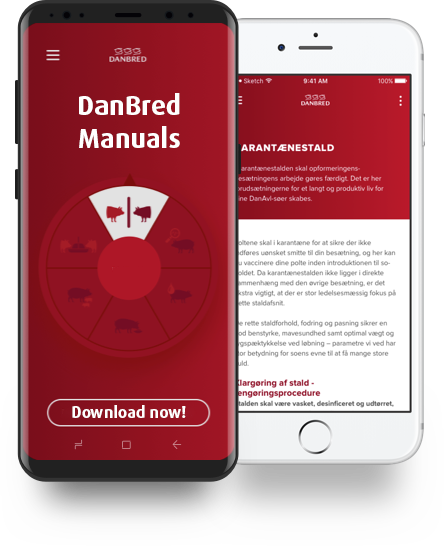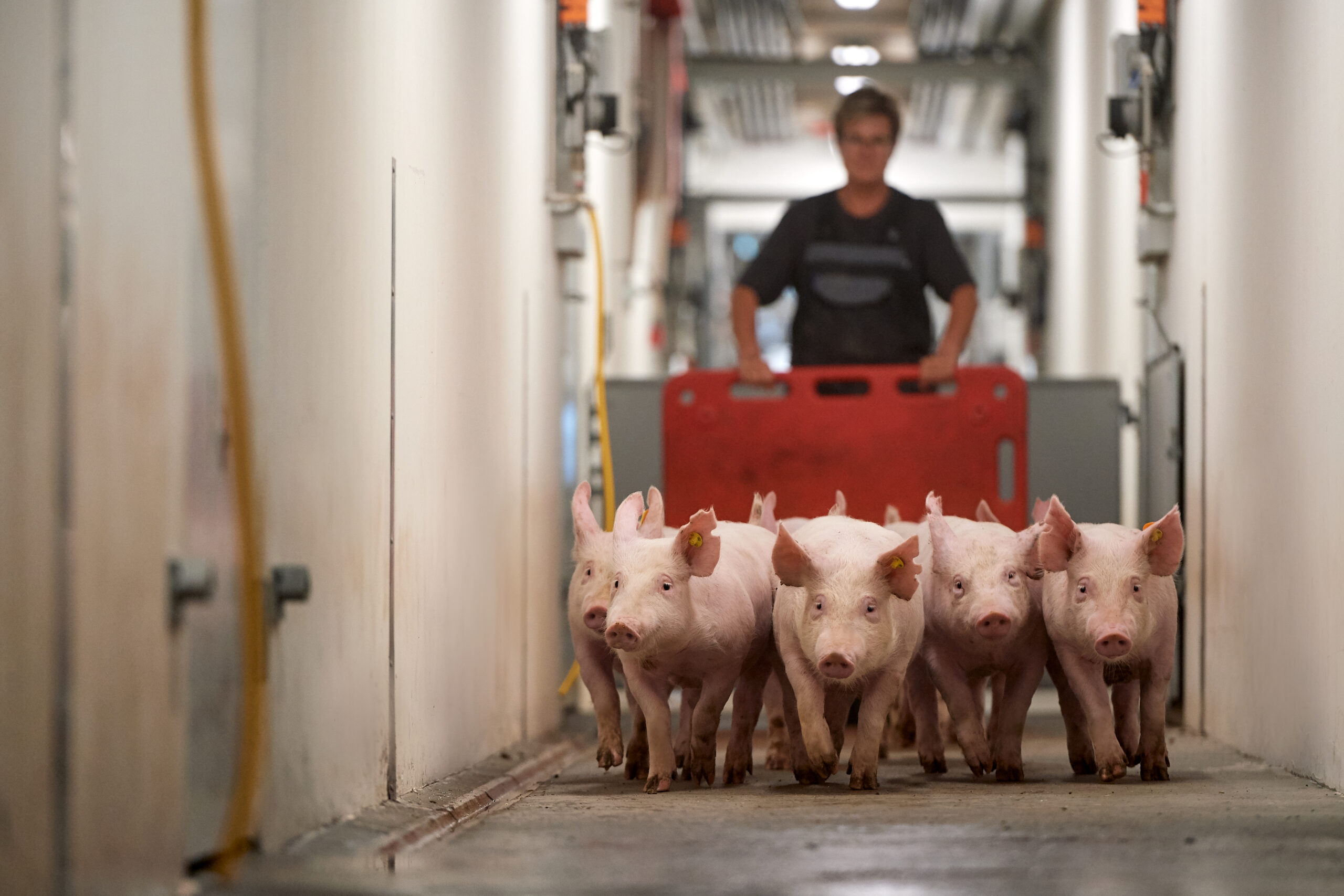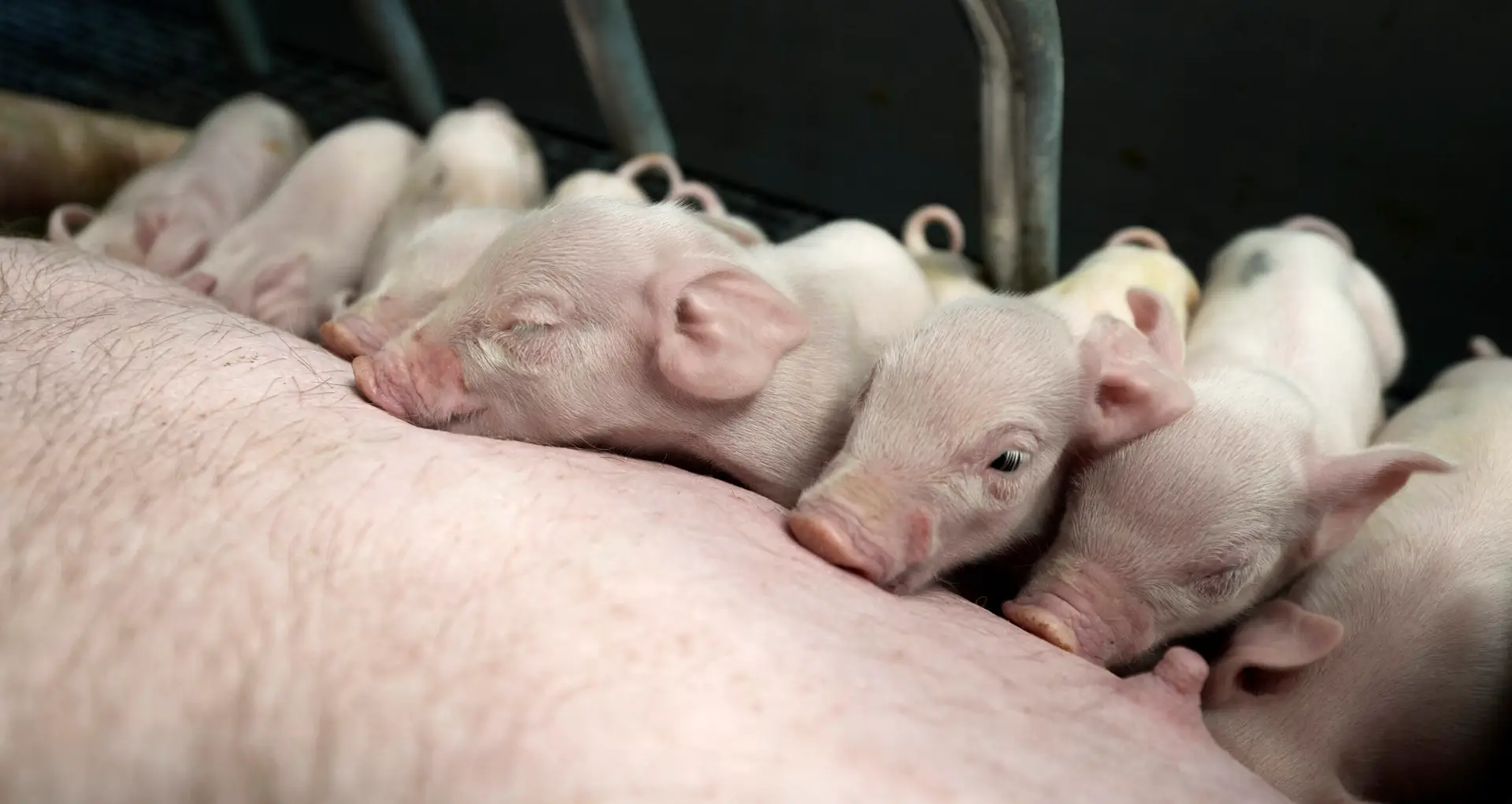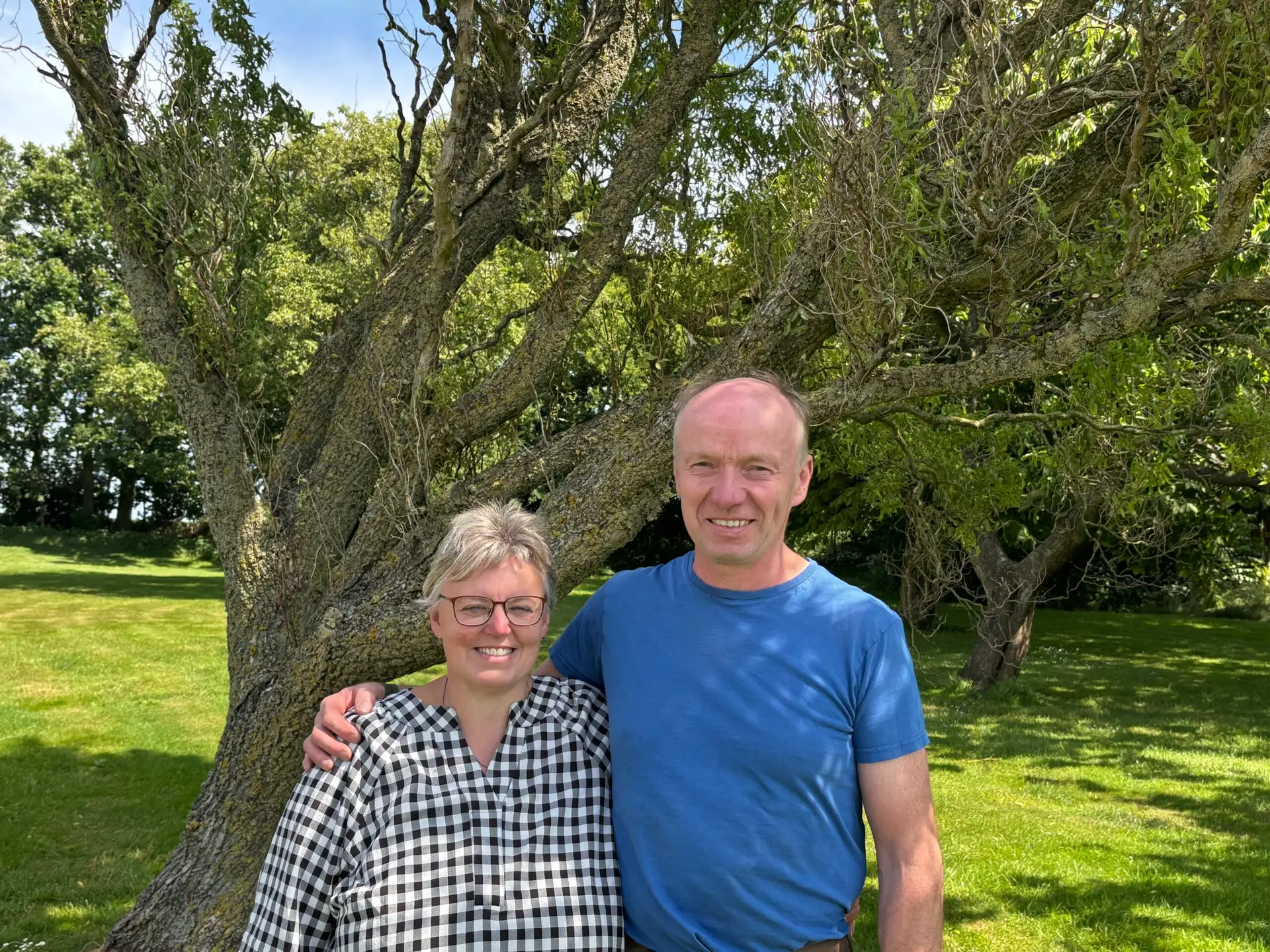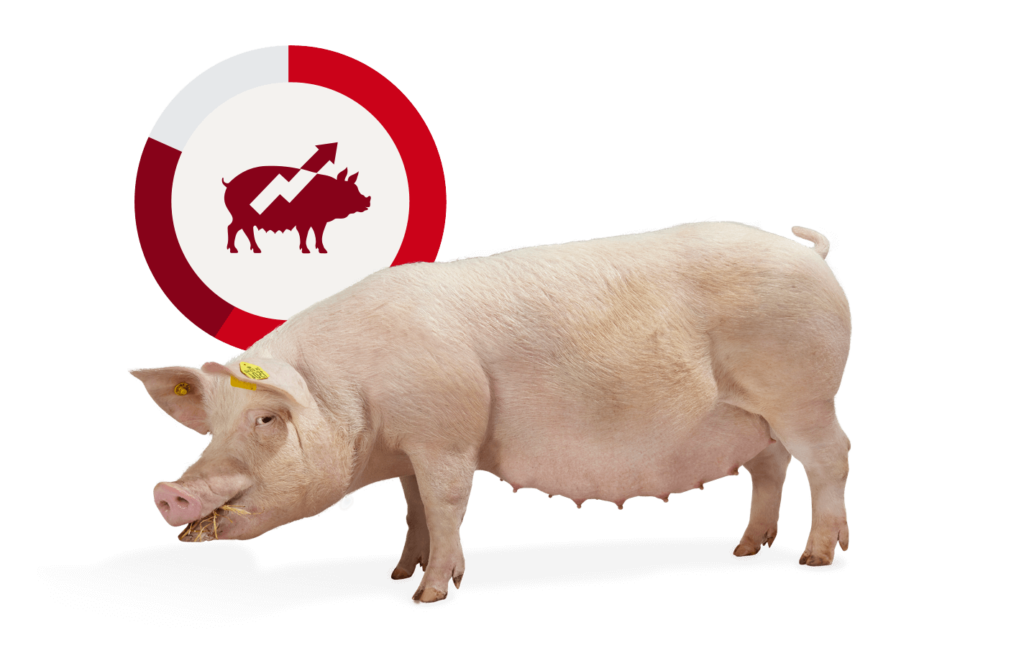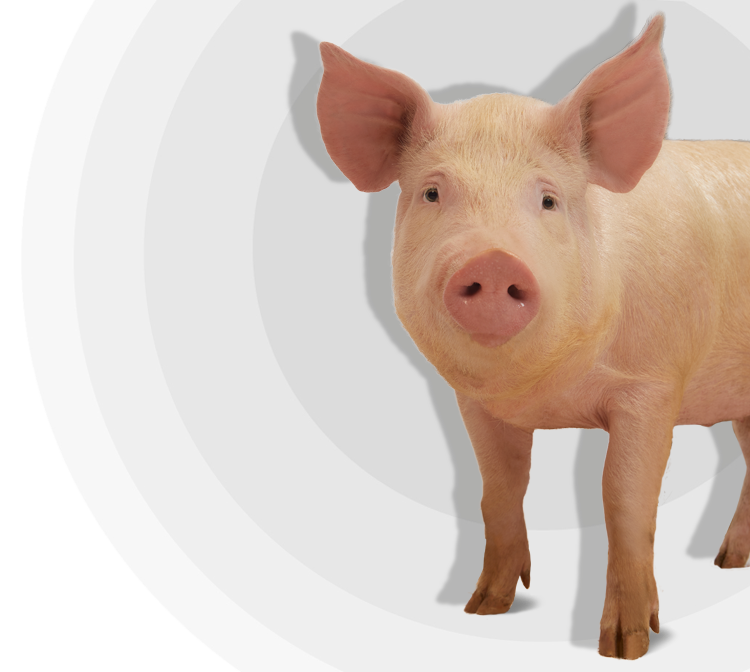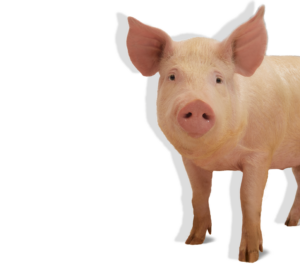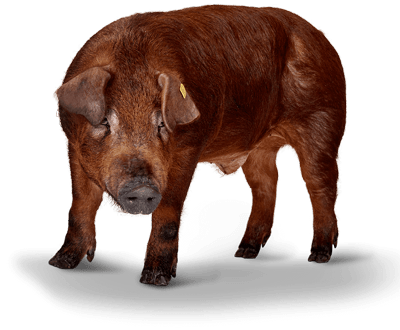Inoculation, vaccines, immunity. As a result of the COVID-19 pandemic, even children have learned that some illnesses are so serious that we must strive to prevent them, because it is not certain that those who fall ill can be cured. And even if we manage to cure people, it might take months before they become as fit as they were before contracting the disease.
The same principles apply to the diseases of animals, only livestock owners do not have time to spend half a year curing an illness, as finisher animals and broilers must be ready to be slaughtered in less time than that. However, the problem is that changing to the production of premium meat is expensive.
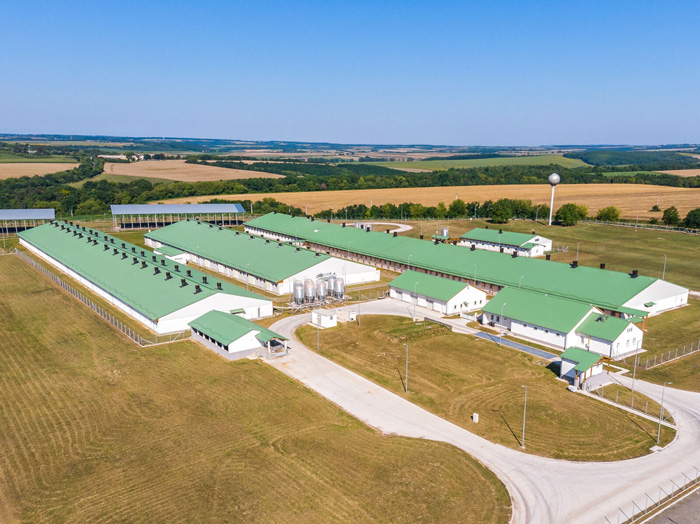
Photo:Bonafarm
From the consumer’s perspective, premium quality pork is meat that comes from pigs raised with a specific programme and conscious husbandry, where factors that influence human health are also considered and negative effects are kept at a minimum. In the Bonafarm Group’s understanding, this means that premium meat comes from a GMO-free production and from animals that have been fed antibiotic-free feeds and raised according to the highest animal welfare standards.
At the moment, 165.000 finisher pigs, out of the 750.000 in the vertical integration of the pig farming division of the Bonafarm Group, are raised in the premium programme.

Photo: Bonafarm
Tibor Nagy, director of Bonafarm Agriculture’s pig farming division, explains that the development of the product range started eight years ago, when they built new farms instead of the outdated ones. The switch in technology came with a change in genetics and the addition of new animals, therefore, the production is now based on pigs of high health status and DanBred genetics.
The offspring of the pig farming division’s 13.500 sows is expected to grow to 500.000 pigs by 2021 – of which 20.000 will be used as F1 sows and 420.000 as finisher pigs.
The piglets born in the company’s own production will be raised in the Bonafarm Group’s finisher farms and at integration partners. The remaining animals will be provided by sow integration partners and a minimal amount of procurement from the market – these will be raised by the integration partners. In order to keep up with the market needs, the development of F1 breeders is currently underway in the company’s own sow stock. As a result, they expect to raise the production of F1 breeders from 20.000 to 32.000 over the next two years.
The genetic and technological development can also be seen in the numbers
One sow can produce an average of 38 piglets, 34 selected piglets and 32 finisher pigs. While in the finisher process, 1 kg live weight can be produced from 2.84 kg of feed. Increased animal welfare is the foundation of the quality raising of pigs; the pig farming division of Bonafarm Agriculture ensures this through technological improvements, the constant training of employees and the use of a strict quality control system.
The stocking rate is the most critical factor in raising pigs, therefore, the Bonafarm Group provide more living space for the animals in the facilities than what the legal framework requires; the piglets are less affected by stress this way. They also provide a diversity in living space by enrichment devices, thus preventing health problems caused by ear tip necrosis or tail biting. The finisher farms taking part in the premium meat programme have all obtained a Global G.A.P animal welfare certification, therefore, these facilities comply with agricultural best practices, surpassing the requirements of the law.
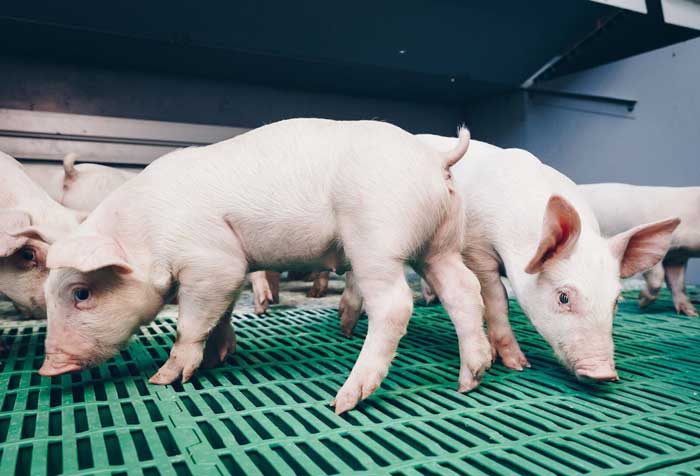
Photo: Bonafarm
Bonafarm Agriculture’s GMO-free feed crops, including GMO-free soy, ensure a GMO-free meat production. Of Bonafarm’s five feed mixers, three produce feed that comply with the GMO-free regulations of the European Union. Animals in the programme consume GMO-free feed from these mixers throughout their entire lifetime, which is also audited by an independent organisation.
The third criterion of premium meat production is the responsible use of antibiotics
In practice, this means that during the finisher process the animals do not consume any antibiotic feeds, and no antibiotics that are considered critical in human health by the WHO (i.e., third, fourth, fifth generation cephalosporines, quinolones, macrolides and ketolides, or polymyxins) are used during their care. The key in a prudent approach to treatments is that they are only carried out on veterinary instruction in justified cases and, when possible, individually – while no antibiotics are used as a way of prevention.
As Dr. Adél Orosz, the veterinarian of Bóly Zrt. belonging to Bonafarm Agriculture, explains, the vaccination of pigs against ileitis was introduced in 2017, because the preventive medication programme aimed to hinder the Lawsonia intracellularis was not effective enough in preventing the disease. Because there was a need for multiple antibiotic treatments in the livestock, and an increasing number of complaints came in from the abattoirs regarding the state of the intestines, a decision was made to introduce vaccination. At the moment, 73 % of the finisher animals are vaccinated. With the introduction of the immunisation programme, the previously applied preventive antibiotic treatments against Lawsonia were stopped.
The effectiveness of the vaccination programme can be considered from an economic and animal welfare perspective as well. The proportion of feed containing medication against ileitis has decreased from 5.4 % to 2.5 %, and the use of water soluble tiamulin-products has been reduced by over 78 % in 2021. In total, the cost of ileitis treatments has shrunk from HUF 220 to HUF 52.2. Another result of introducing vaccinations is that in certain finisher farms the use of antibiotics, measured by Danish consultants based on the Danish ‘yellow card’-system, has reached zero.
“Apart from the decrease of medicine costs, there were, and are, other economic benefits to the programme,” Tibor Nagy adds, “The yields have increased, the relative feed use has decreased, the slaughtered animals are in a better condition, and of course the rate of inflamed intestines has also decreased. As a result, better meats and meat products can be provided for our customers.”
Experts can only recommend that all livestock owners invest into reducing the use of antibiotics, because it will pay off on the long run. Bonafarm Agriculture chose the most efficient way to achieve this; they constructed new stables, which were equipped with new technologies, and changed their livestock to a hybrid of high genetical potential and a high health status. If there is no possibility of constructing new stables, efficient cleaning and disinfection processes, and the rationalisation of breeding technologies, can also help the production of premium meat. According to the director of the pig farming division, it is worth conducting genetic replacement, even if it has to be done without funding, because it is a good investment on the long run – requiring about 8-10 years to pay off.
As significant restrictions are to be expected regarding the use of antibiotics, the prevention of certain diseases through the vaccination of livestock can be crucial. To ensure a long-term, sustainable and economic production, we must strive for the health protection and health promotion of high health status livestock; this can be ensured through disease control, hygiene and management tools.
This article has been published in the 2021/2 issue of Állattenyésztés. The article was translated from an article originally written in Hungarian by Ágnes Halmos B., published on August 8, 2021, on Magyar Mezőgazdaság.
Read the original article here: https://magyarmezogazdasag.hu/2021/08/13/helyes-allatjoleti-es-takarmanyozasi-gyakorlat-egeszseges-allatok

